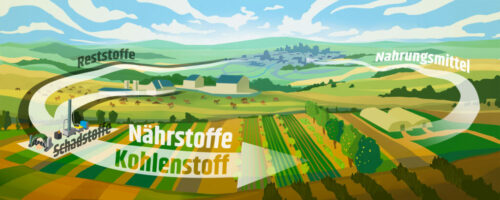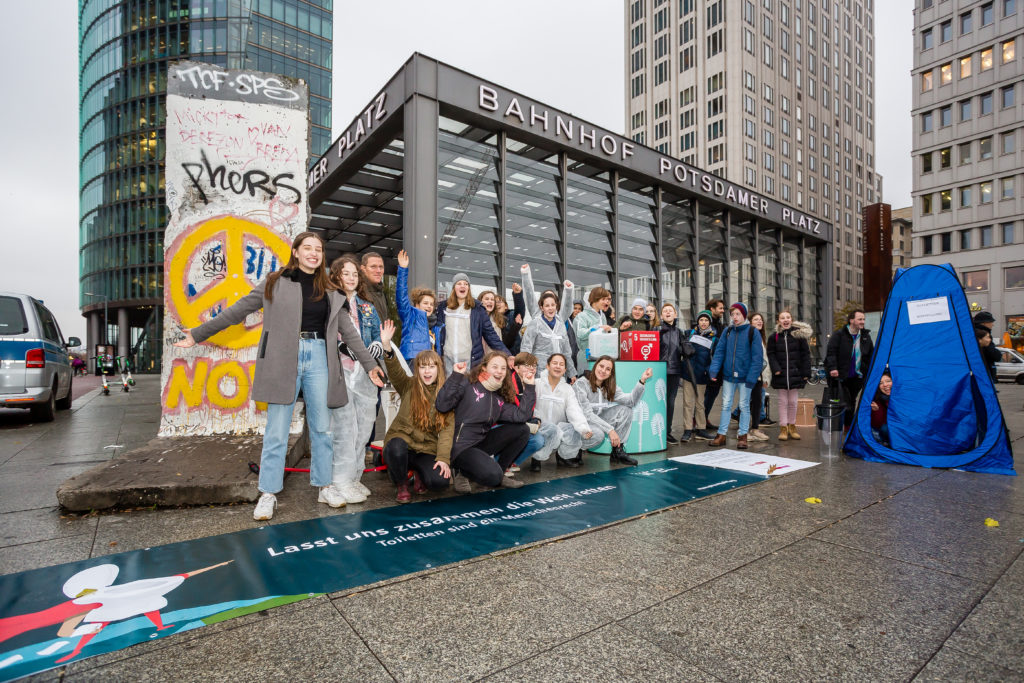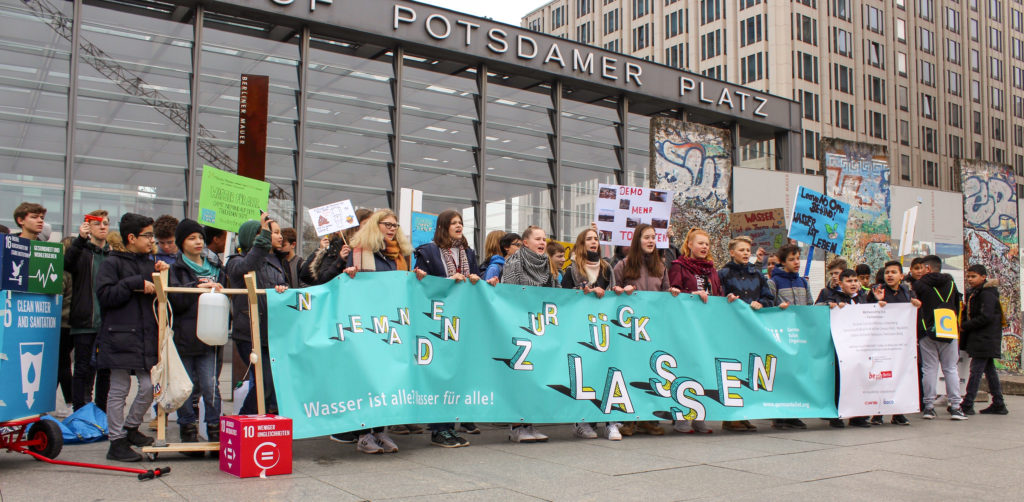Dear readers: The following blog post is only available in German, so you may want to translate it into your language. This being a bilingual blog, I still wanted to write about it in my own language, because it’s just so great to have a local network of like-minded people who care about the same cause and contribute their time and knowledge to something that helps us humans in closing nutrient cycles. So, I hope that something similar is also available in your region/country and that we may connect in future on the following topic.
Am Welttoilettentag 2022 war ich zu Besuch beim halbjährlichen Mitgliedertreffen des Netzwerkes für nachhaltige Sanitärsysteme e.V. (NetSan), dessen guter Arbeit ich jetzt schon seit einiger Zeit folge und das jetzt sein fünftes Treffen und vierjähriges Bestehen feiert.

Es ist ein Netzwerk aus verschiedenen Akteuren, die nachhaltige Sanitärsysteme anbieten und sich in diesem Netzwerk nicht nur fachlich sehr gut austauschen, sondern sich auch gemeinsam für eine verbesserte Akzeptanz dieser Systeme einsetzen. Es geht also nicht nur um die Schnittstelle “Toilette”, wie sie die meisten Nutzer*innen wahrnehmen (weil sie nur damit in Kontakt kommen), sondern auch um das Schließen kompletter Stoffströme. Man spricht von der Nährstoff- und Sanitärwende, von einem Ansatz also, den damals auch die aus Nordeuropa stammende ecosan-Bewegung (ecological sanitation) im Sanitärbereich als Motivation verstanden hat. Und das ist gar nicht so einfach, aber aus meiner Sicht dringend notwendig. Continue reading “Zu Besuch beim Netzwerk für nachhaltige Sanitärsysteme”




